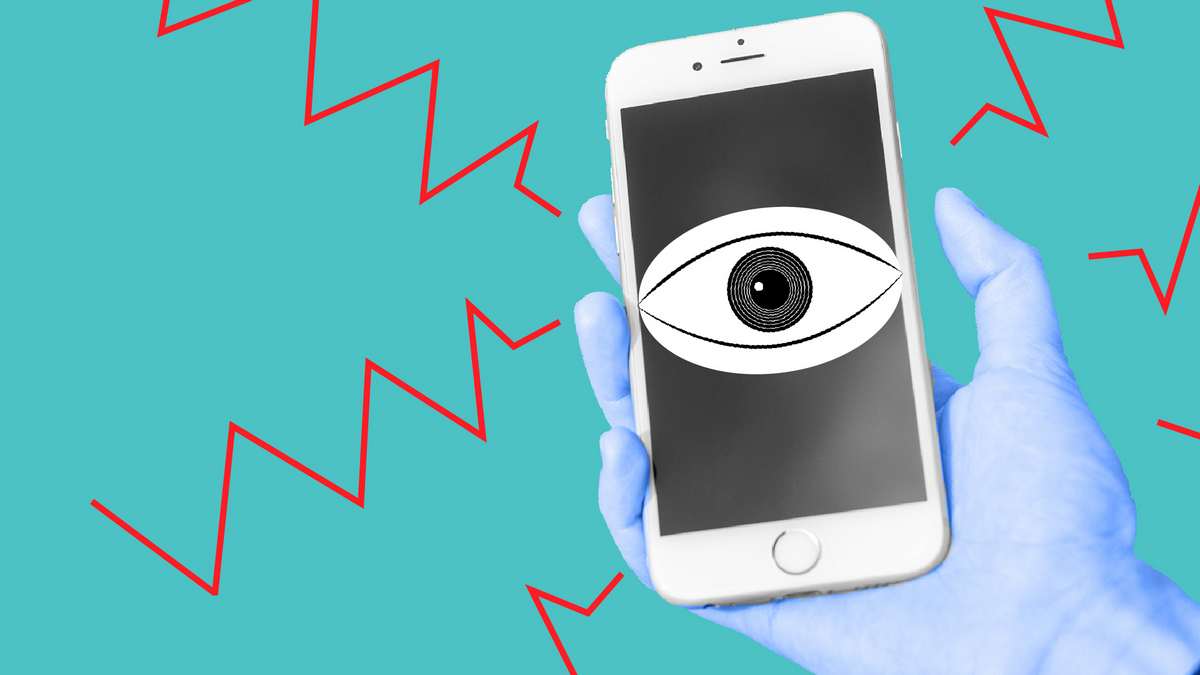
Over the last two years, wellness and mental health apps have exploded, primarily thanks to the COVID-19 pandemic. People were forced to stay indoors, so most internet users turned to online content for everything from entertainment to work.
However, the expansion of these apps has also raised more than a few concerns, with the biggest one being the lack of proper privacy protection measures. There are also concerns regarding the efficacy of these services and their impact on blurring the line between general self-care and formal medical treatment.
A brief recap on mental health apps
While online services for well-being and mental health can help users better understand the importance of taking proper care of themselves and provide easy access to professional help, they can’t be the ultimate solution for every mental health problem.
Despite this, the mental health app market is booming and growing with each passing day. These apps can help users in various ways, but they can also leave many confused by the variety of options available.
Amidst all that confusion, there stands the concern with privacy protection as each app collects user data but not every service can keep it safe. Let’s delve deeper into all the things you should know before you start using a mental health app.
The matters of efficacy and privacy
If we look at privacy policies for mental health apps, we can see that they’re pretty confusing, to say at least. One of the biggest problems is that mental health apps that don’t offer access to clinical intervention aren’t required to comply with health privacy rules.
The lack of proper regulation regarding federal privacy law has worsened the situation. According to earlier studies, many inspected apps had poor privacy policies. Some of them didn’t even have a policy, while some of the most popular apps shared user data with third parties, such as advertisement companies and Meta.
Other studies have indicated the inefficacy of these apps in providing users with adequate help with feelings of well-being, thoughts of suicide, drinking, smoking, drug abuse, depression, and anxiety.
Mental health apps offer little to no privacy protection for users. If an app has a privacy policy, its privacy standards are average at best. On the other hand, most of them monitor and track user data and share it with third parties to monetize users’ private details such as biometric data, mental state, moods, feelings, etc.
Apps with the worst privacy policies
According to the Mozilla guide, out of 32 analyzed apps, 29 didn’t have any privacy policies at all. In other words, users had no insight into how these apps managed their data.
Although these apps are designed to help users deal with serious mental problems, such as suicidal thoughts and depression, they were strangely gathering vast amounts of personal information under the notion of protecting users’ privacy.
However, these policies were completely vague, without any relevant information about how they protected the collected data. In addition, the apps also had poor security standards. Most of them allowed users to create weak accounts and login credentials with weak passwords and no verification.
The apps with the worst privacy practices include:
- Better Help
- Youper
- Woebot
- Better Stop Suicide
- Pray.com
- Talkspace
Aside from failing to protect the users’ privacy, these apps go even further by sharing user data with third parties. Some apps like TalkSpace even gather helpful information from user conversations.
How to protect your privacy while using mental health apps
If you don’t want to share your private information with unknown third parties, here are a few ways to protect your privacy while using mental health apps.
Avoid apps with no privacy policy
If a mental health app doesn’t provide transparent information about the privacy protection it provides, do not use it. Most apps require your personal information to create an account, including details about your health.
You need to understand how the app manages the information you enter. Only sign up for apps with clear privacy policies.
Use a VPN
In addition to your feelings and activities, mental apps also receive other data like location, network information, and IP address. The more data they collect, the easier it becomes to trace certain activities back to you. You can prevent third-party entities from getting accurate information by using a VPN.
Download VPN services and establish a connection to a remote server. After that, the selected service encrypts your connection and hides your IP while you browse the web, and it can prevent third parties from tracking your online traffic.
Read user reviews
User reviews are among the most trustworthy sources of information to find proof of quality. If there’s anything suspicious about an app you plan to use, you’ll find it in the user reviews.
Conclusion
Instead of helping people, most mental health apps are nothing more than data-sucking machines that offer a poor promise of help while looking to get your data. If you have any mental issues, we recommend seeking professional help rather than trusting an app with your condition.